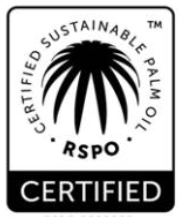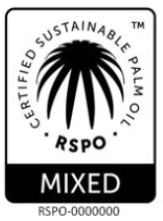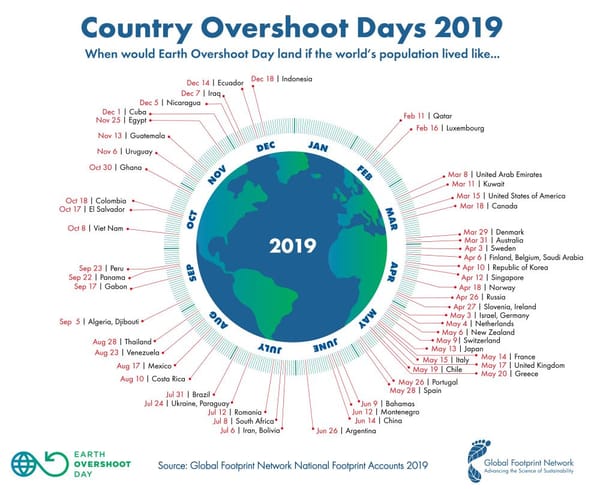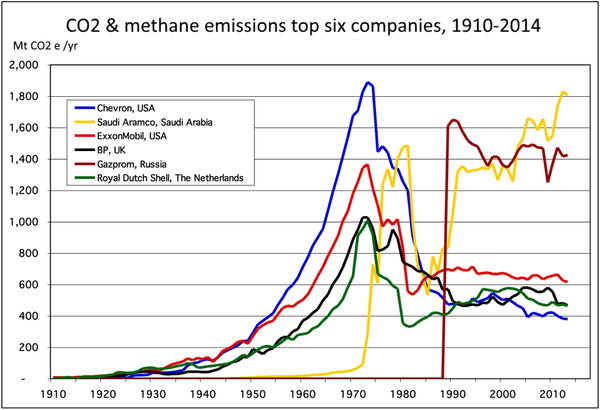Palm Oil: Friend or Foe?
A report on palm oil, commissioned for the Imperial College Union shop, suggests palm oil can be environmentally and socially positive so long as it is sourced sustainably

Palm oil is a widely used vegetable oil derived from the fruits of the African oil palm. This article aims to summarize the implications of growing production and export of palm oil, primarily from South-East Asia and the controversial question of its sustainability and certification.
Palm oil has a very high yield compared to other vegetable oils. In 2011 it produced 22% of the world’s vegetable oil despite using less than 2% of the area used for growing oil crops. Palm oil is often grown on newly cleared forests, as producers use the profit from timber to subsidise setting up a new plantation. Due to this, palm oil plantations have led to destruction of natural habitats and thus driven native wildlife to face extinction. Certified sustainable sources of palm oil try to strike a balance in being environmentally friendly and economically viable.
What is the big deal with palm oil?
A number of issues have been raised regarding the use of palm oil, including claims that it is a leading cause of deforestation and decline in populations of wildlife - in particular, orangutans. In addition, there are concerns over the social welfare of plantation workers and greenhouse gas (GHG) emissions in production.
Is palm oil production leading to habitat loss? Most likely yes. A study using information from satellite imagery and the Food and Agriculture Organization of the UN found that a significant proportion of land which was covered in forest in 1990 was used for palm oil production by 2015 in Malaysia and Indonesia. This is particularly concerning as the peat-rich soil in these regions continues to release GHGs from soil for decades after deforestation.
Is palm oil production responsible for the dramatic decline in orangutan populations in Indonesia? A study of orangutan populations on the Indonesian island of Borneo found that 50% of the population was affected by natural resource extraction, including deforestation for oil palm plantations, and also found a decline in the Bornean orangutan population of 100,000 between 1999 and 2015. However, the same study found that the greatest factor in the decline in orangutan populations was likely hunting, while clearing for oil crops was responsible for approximately 9% of species decline.
Some big brands in the UK have reacted by boycotting palm oil; for instance, Iceland pledged in 2018 to “remove palm oil from all [its] own label products” in a planned TV ad at Christmas. Holland and Barrett no longer stocks raw palm oil, even from certified sources. However, since palm oil is the highest-yielding oil crop, and millions of farmers rely on it for their livelihood, boycotting palm oil is likely to cause more harm. The WWF argue that palm oil “has the potential to be a major force for sustainable development”.


Also, according to the WWF, of the top five UK-based users of palm oils, four are manufacturers including Reckitt Benckiser (which produces Dettol, Cillit Bang and uses 125000 tonnes) and United Biscuits (McVitie’s, go ahead!, 76000 tonnes) and one is a retailer (Tesco, 31000 tonnes). All of these use 100% Certified Sustainable Palm Oil (CSPO). However, few have ensured that the palm oil is from segregated sources, meaning that geographical origin for many is unknown.
Palm oil is used in over 50% of supermarket products ranging from bread to shampoo. Reasons for its abundance include its availability, low cost and favourable chemical properties for a wide range of applications. It also has low levels of trans fats, which are associated with cardiovascular diseases, compared with other oils.
Furthermore GHG emissions in the growth and production of oil palm are relatively small, setting aside any deforestation, compared with other oils, and the Roundtable on Sustainable Palm Oil (RSPO) has developed a tool for palm oil producers to monitor and control the GHG emissions in their operations.
What is certification?
The RSPO is an international non-profit consortium of palm oil industry stakeholders. It issues a set of environmental and social criteria which producers must comply with in order for their palm oil to be labelled as CSPO.
Palm oil growers must be assessed for certification by the RSPO regularly in order to continue to be have RSPO certification.
Is certification a complete solution?
There has been some criticism regarding certification of palm oil. When the RSPO revised its standard in 2013, the WWF and others stated that the changes had not gone far enough to address the issue. The WWF has argued that RSPO standards have fallen short in terms of greenhouse gas emissions, banning of the most harmful chemicals like paraquat, and ensuring that only legal palm oil was entering mills. Several leading growers agreed, and individual brands and growers have made their own “no deforestation” commitments since then.

It can be argued that the pace of change is too slow. 14 million tonnes of palm oil is RSPO certified, which is just 19% of global palm oil production. This low proportion of sustainably-sourced palm oil is despite commitments made by major manufacturers and producers of palm oil to source 100% of palm oil sustainably by the mid-2010s, a deadline which a considerable number have failed to meet.
Furthermore those who have had adopted certification initially struggled to find demand. Nearly half (48.3 %) of the 8.59m tonnes of certified palm oil produced in 2013 failed to attract a buyer. This is a huge issue since the oil itself was sold at the same price as conventional palm oil and therefore didn’t give the incentive for producers to get their oil certified.
However, government regulation can be effective in creating change. In 2014, the EU introduced legislation mandating transparent labelling of palm oil on all products. This means that it must be explicitly labelled, as opposed to listed as a generic “vegetable oil” or other synonyms. In the first two quarters of 2014 there was a 65 % increase in sales of certified palm oil. The governments of Malaysia and Indonesia have introduced legislation on palm oil producers which is essentially a ‘watered down’ version of RSPO criteria. Government legislation both by palm oil-producing countries and by countries that are the largest consumers of palm oil can be effective in tackling the issue.
Conclusion
Palm oil is an incredibly energy efficient crop compared to other oil crops - it requires fewer resources to grow and produces up to three times more oil in the same area of land. Replacing palm oil with any of its substitutes will be worse for the environment, as more land will be needed to yield the same amount of oil. Furthermore, some of the properties of palm oil mean other oils would be unsuitable.
Having said that, deforestation due to agriculture is a very real problem in many countries. The largest users of palm oil are manufacturers, and thus pressure must be placed on industry to ensure they meet standards. Government legislation can be effective in achieving this, as demonstrated by the impact of mandatory transparent labelling in the EU. Furthermore, by making informed choices, customers can have an impact. Instead of boycotting palm oil completely, opting for sustainably grown palm oil from certified producers is a good first step towards sustainability. A further steps would be to ensure that palm oil is fully traced (not just mixed). Despite there being some concerns about the rigor of palm oil certification, certification brings transparency throughout the supply chain and forces producers to be more mindful of their environmental impact.







